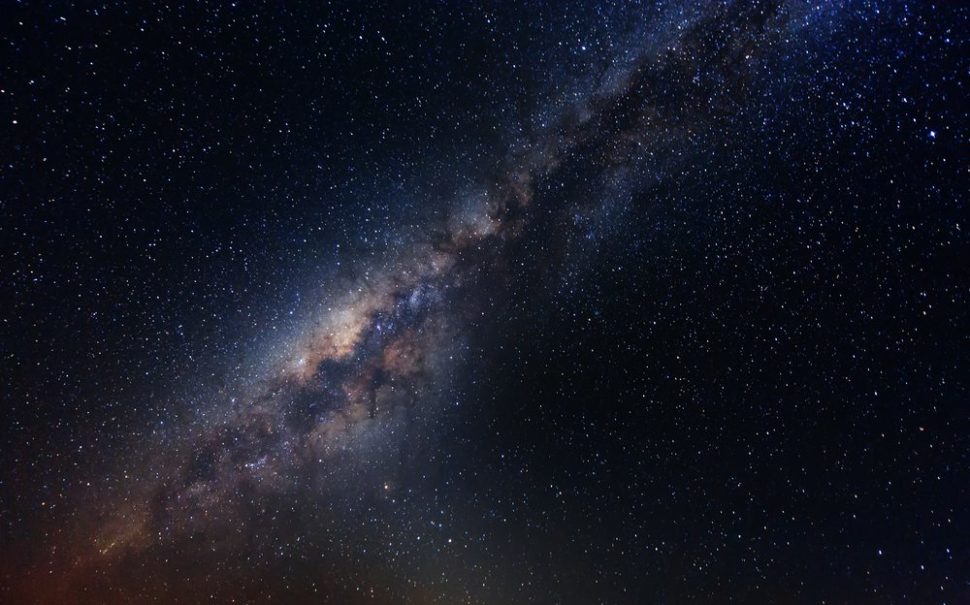Edgy Labs covers the discovery of a promising new Earth-like planet just 11 light-years away.
Earlier this year, using the Kepler space telescope, NASA discovered ten new Earth-like planets located in the habitable zone of their respective stars.
Thousands of exoplanets have been found, but only a few were considered as habitable. However, even more recent studies have revealed that habitable planets may be hiding in plain sight.
In November 2016, Stephen Hawking warned that for the human species to ensure its survival, it has to escape Earth. He painted Earth as a fragile planet, and within 1,000 years, we may have broken it completely.
Enter Ross 128 B.
Ross 128 B: The Goldilocks Planet
This new potentially habitable world was found by a team of European and South American astronomers led by Xavier Bonfils (Institut de Planétologie et d’Astrophysique de Grenoble, France) who were using the European Southern Observatory’s world-leading planet-hunting instrument, HARPS. They reported the discovery in Astronomy and Astrophysics.
HARPS identifies planets by the way their gravity forces their parent stars to wobble. It shows that Ross 128 b has more mass than the Earth, with at least 1.35 times our planet’s bulk. The planet would have a stronger pull of gravity at its surface.
Ross 128 b is not the closest Earth-like world to us. That distinction goes to Proxima Centauri b, which was discovered in 2016, and is just 4.24 light years away. Although Ross 128 b is remarkably similar in size and orbit to Proxima Centauri b it may have a clear advantage when it comes to potential habitability.
Centauri Not an Earth-Like Planet After All
The Proxima Centauri system still contains a highly active yet low luminosity star. Gigantic stellar flares, deadly ultraviolet rays and the abundance of X-rays that the red dwarf produces would make the Proxima Centauri b’s surface hard to inhabit.
On the other hand, the star of Ross 128 is a mild-tempered red dwarf. Much like on our own world, massive solar energy disruptions aren’t typically a problem.



















If NASA could take people like me to travel to such places I would go freely. I really would like to travel to that planet.